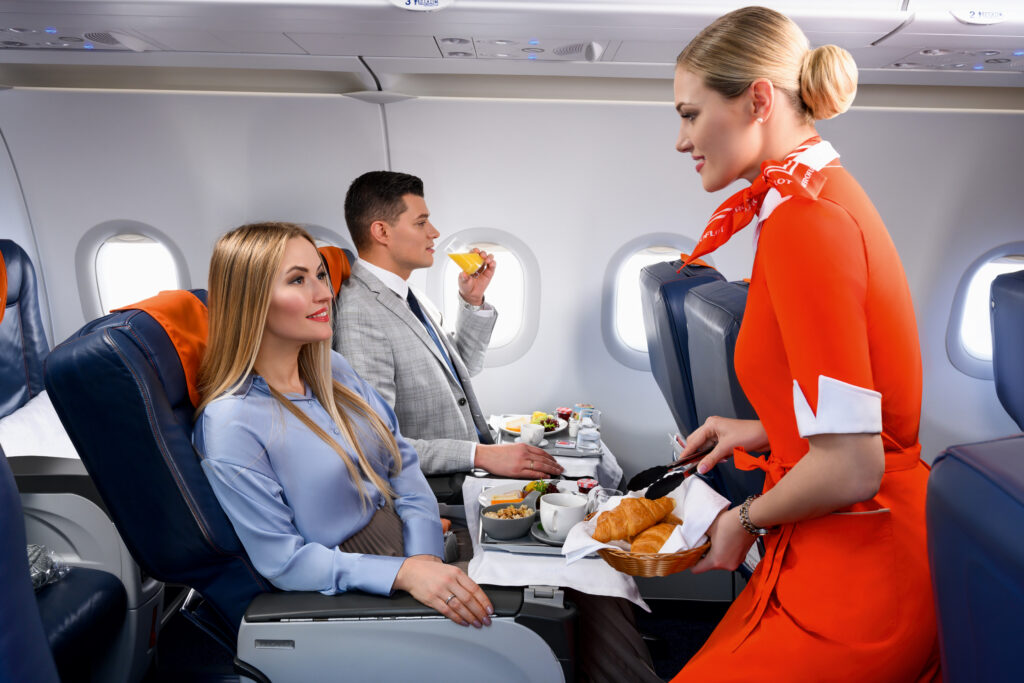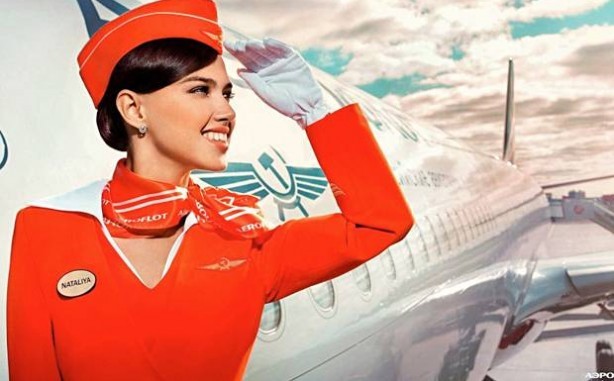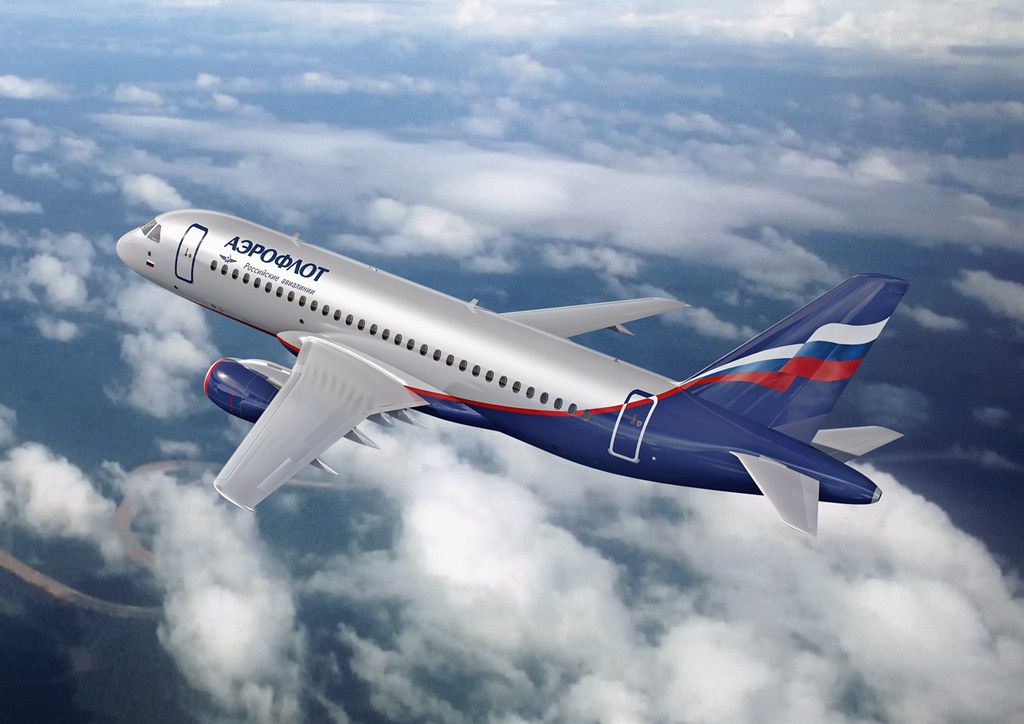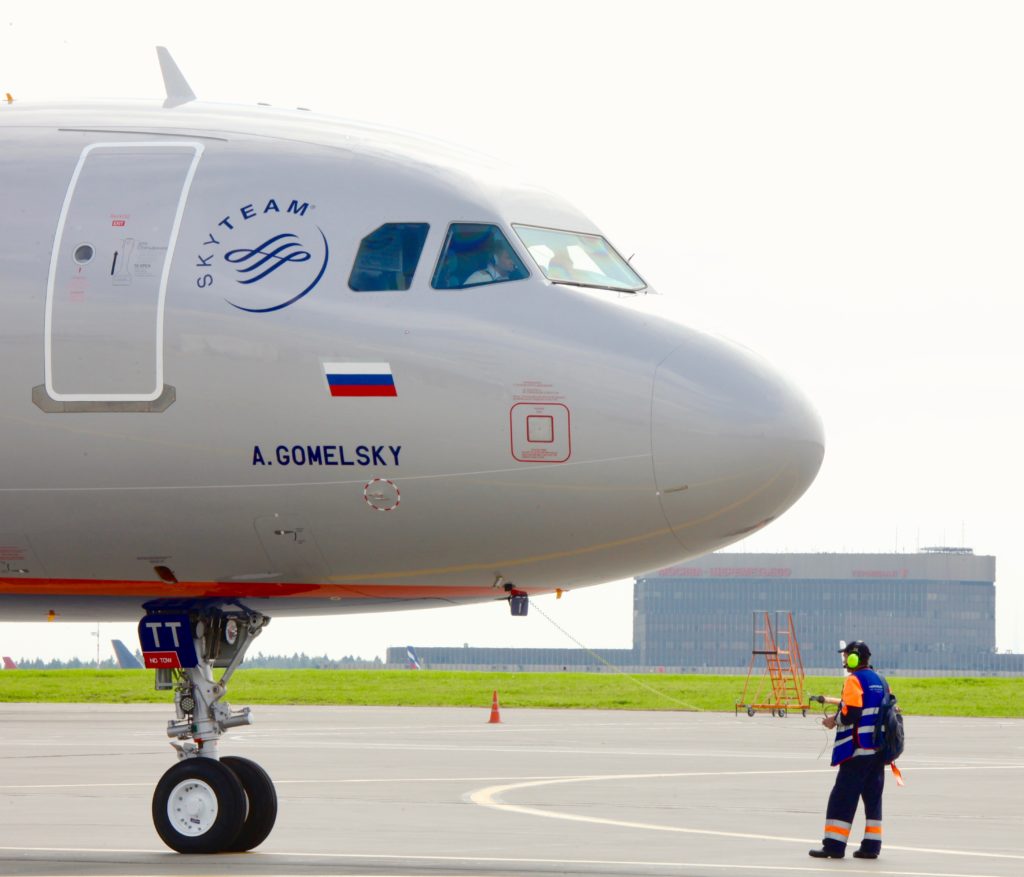Aeroflot Group presented an updated strategy up to 2030.
Sergey Aleksandrovsky, CEO of PJSC Aeroflot, said: «Aeroflot Group strategy has been updated to reflect the new realities for Russian civil aviation. In the short term, our efforts will be focused on ensuring technological independence from foreign products across all of the Group’s business processes. The first and most significant step has been taken in terms of digital transformation. We have successfully switched to Leonardo, the Russian-made automated booking system. Besides, we aim to provide connectivity of the country and increase the air travel mobility of the population by expanding the regional route network. Maximizing the opportunities for travelers to fly direct within the country is a task of national importance, which we will continue to implement in accordance with the parameters of the new Strategy.”
To further enhance the transport accessibility of the country’s regions, the creation of a unified route network underpinned by a system of regional bases is stipulated as one of the Group’s key goals. In addition to Krasnoyarsk, Aeroflot’s largest hub outside Moscow, the company intends to open three new regional bases in three clusters of the country: the south of the Russian Federation, the Far East, the Volga Region, and the Urals. Thus, all four regional bases will ensure Aeroflot Group’s strong presence across the country.
The Strategy puts a special emphasis on import independence. By 2030, the share of domestic aircraft in the fleet will increase to 70% following 339 new domestic aircraft put in operation, including the MS-21, SSJ-NEW and Tu-214. According to the Strategy, more than 500 aircraft will be used to ensure air transportation program operation by 2030. A considerable fleet expansion will require up to 3,500 more pilots and 8 new flight simulators.
Aeroflot Group’s technological sovereignty will be achieved by 2030 due to the full transition to domestically-made software only.
In an interview with Russian RBK published on Wednesday, the head of Rosaviatsia, Alexander Neradko, said he was convinced that Airbus and Boeing planes will keep flying safely until 2030.






